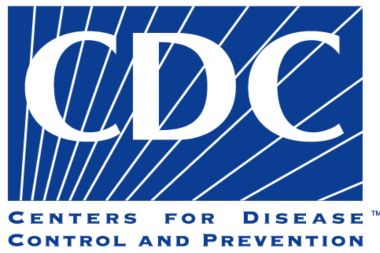It’s only the second week of summer, but already some parts of the country are experiencing temperatures we don’t usually see until the “dog days” of August. Virginia, for one, was seeing record temperatures for this time of year, with extended periods of 90 degrees and above predicted as reported by WFIR News Talk Radio. With that comes concerns from the commonwealth health department that emergency rooms will soon be hit with larger numbers of …
Read More









